Beauty Tips, Cymbiotika
Matcha 101
Matcha 101: Everything You Need to Know About This Green Elixir
Essential Takeaways
-
Matcha has been used ceremonially in Japan for centuries and is a gold standard for green tea leaves.
-
Packed with antioxidants, matcha provides sustained energy and focus with less caffeine than coffee.
-
Discover how matcha can enhance cognitive function and support overall health.
What is Matcha?
Matcha is a finely ground powder made from green tea leaves. Its vibrant color comes from high levels of chlorophyll, which is preserved through a meticulous cultivation process. Traditionally used in Japanese tea ceremonies, matcha has gained global popularity for its rich flavor and numerous health benefits.
What Does Matcha Taste Like?
Matcha offers a smooth, creamy texture with subtle floral notes and a hint of natural bitterness. It is versatile and can be enjoyed as a traditional tea or incorporated into lattes, smoothies, and desserts.
The Incredible Health Benefits of Matcha
-
Improves Focus and Concentration Matcha combines L-theanine with caffeine, allowing for sustained energy without the crash. It promotes calm alertness and enhances concentration throughout the day.
-
Boosts Metabolism Matcha contains the catechin EGCG, known for its thermogenic properties. This supports fat oxidation, aids weight management, and reduces inflammation.
-
Combats Premature Aging Rich in antioxidants, matcha helps neutralize free radicals, supporting cellular regeneration and reducing signs of aging.
-
Promotes Detoxification Thanks to its chlorophyll content, matcha aids in natural detoxification, helping to cleanse the body of toxins.
Pro Tip: Enhance cognitive function by pairing matcha with Magnesium for a synergistic boost in brain health.
Does Matcha Have Caffeine?
Matcha contains approximately 18-50 mg of caffeine per gram, depending on its quality and preparation. Unlike coffee, the caffeine in matcha is metabolized slowly, providing a gentle and sustained energy boost.
Culinary vs. Ceremonial Grade Matcha
Not all matcha is created equal. Here are the key differences between the two grades:
Ceremonial Grade Matcha
-
Made from the youngest, most delicate tea leaveof the first harvest.
-
Best enjoyed as a traditional tea due to its pure, smooth flavor.
-
Packed with nutrients and antioxidants for maximum health benefits.
Culinary Grade Matcha
-
Made from older tea leaves, often harvested later in the season.
-
Commonly used in recipes like lattes, baked goods, and smoothies.
-
Lower quality than ceremonial grade but still flavorful.
Matcha vs. Coffee: Why Make the Switch?
Matcha provides a slow and steady release of energy, avoiding the harsh crashes often associated with coffee. Its combination of L-theanine and caffeine promotes calm focus, making it an excellent alternative for those seeking a smoother start to their day.
Choosing the Right Matcha: Cymbiotika’s Organic Ceremonial Matcha
For the ultimate matcha experience, opt for ceremonial-grade matcha. Cymbiotika’s Organic Ceremonial Matcha is sourced from small family farms in Uji and Kagoshima, Japan—renowned regions for producing the world’s finest matcha. Carefully crafted from first-harvest tea leaves, it is stone-ground to perfection, resulting in a smooth and sophisticated flavor.
Why Cymbiotika’s Matcha Stands Out
-
100% organic and free from pesticides.
-
Sourced from multi-generational family farms.
-
Packed with antioxidants, chlorophyll, and L-theanine for optimal health.
How to Prepare Matcha Like a Pro
-
Add 1/2 tsp of matcha powder to a ceremonial tea bowl.
-
Pour 1-2 ounces of hot (not boiling) water over the powder.
-
Whisk with a bamboo whisk until frothy.
-
Slowly add an additional 4-6 ounces of hot water and enjoy.
For a modern twist, combine matcha with milk (or milk alternatives) and sweeteners for a delicious latte.
Summary: Embrace the Matcha Lifestyle
Switching to matcha can provide numerous health benefits and a more balanced source of energy. With its energizing properties, nutrient-rich profile, and smooth flavor, matcha makes every day feel like a fresh start. Cymbiotika’s Organic Ceremonial Matcha is an excellent choice for those seeking high-quality matcha with a rich and authentic taste.









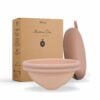
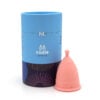

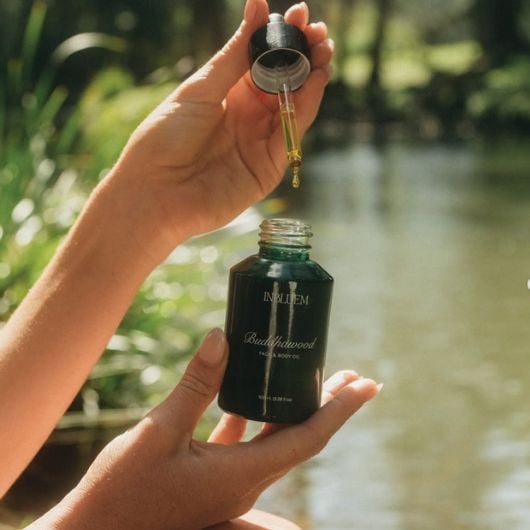










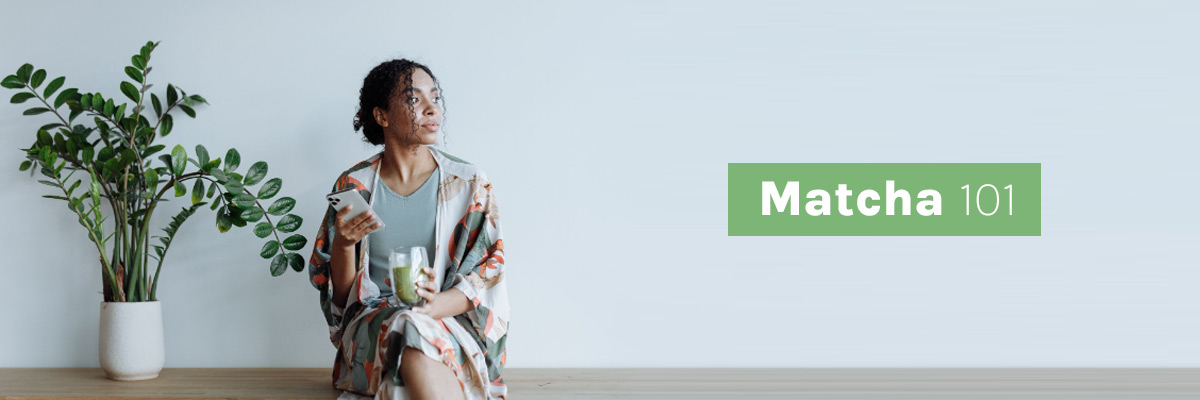


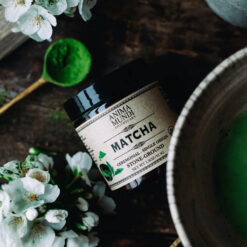
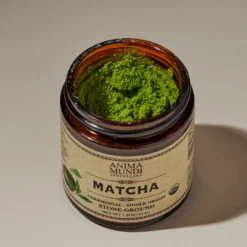









 Beauty Producten
Beauty Producten Merken van A-Z
Merken van A-Z Welzijn
Welzijn Gezondheid / Voeding
Gezondheid / Voeding